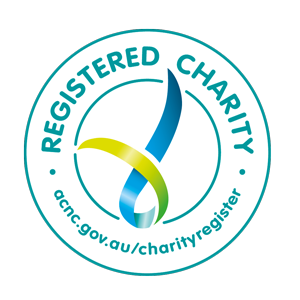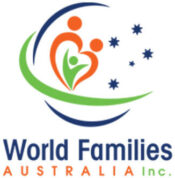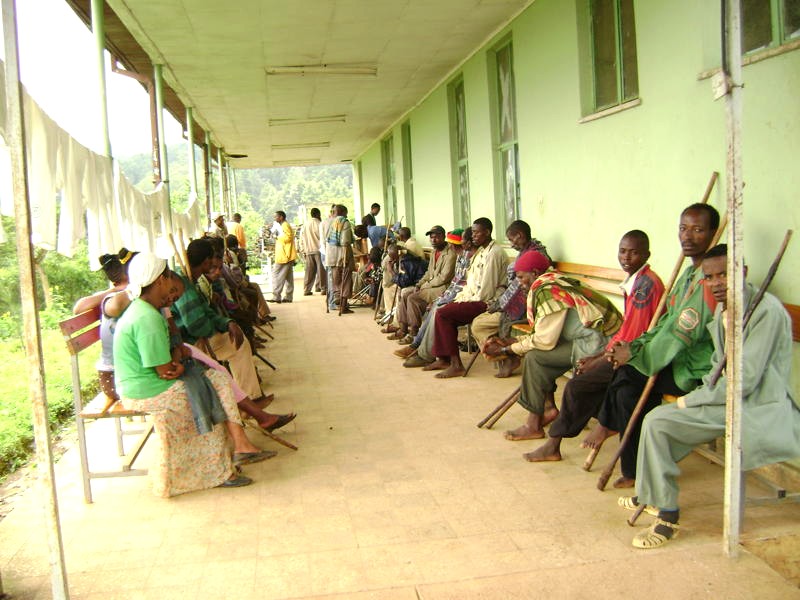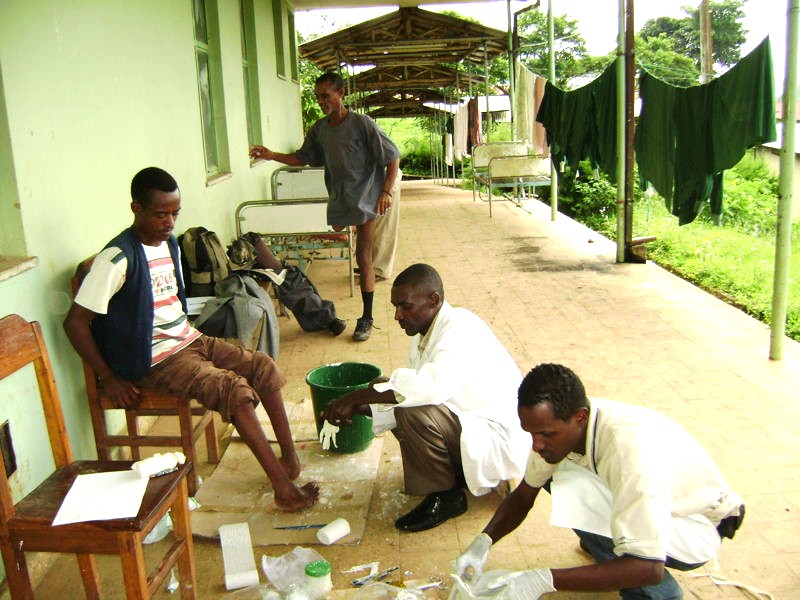
The Medical Projects respond in a variety of ways to medical needs in Ethiopia. They grew out of assistance to many individual children with significant health or surgical needs who became known to various sponsorship or community projects under what was earlier known as the ‘Medical Emergency Fund’. This included raising funds for children needing to be sent overseas for life saving heart surgery, or needing a prosthetic leg, or needing medical assessment for blindness.
As an outcome of exploring options to help these individual children we discovered their situation was shared by many, and so the Medical Outreach Projects grew from seeking to assist in a broader and sustainable way. The Medical Outreach Projects work with the existing healthcare services in Ethiopia to support and improve what they can offer - working in collaboration with Ethiopian doctors to bring healthcare to rural areas and to the poorest people, as WFA is too small to be effective if we work as an ‘island’ and Ethiopia’s poor and rural population will benefit best through having a strong public healthcare system.
Over the years WFA has provided prosthetics clinics to Bonga (a rural town), cardiac clinics (screening of school children and training for health workers in Bonga as well as supporting the Jimma paediatric cardiac clinic with provision of ECG’s and other equipment), eye clinics and providing a range of supports for disabled and sick children in Bulbula town.
Current projects:
Equipment for Bonga Hospital
Bonga is a rural town in south-west Ethiopia, 467 kilometers from Addis Ababa, where WFA has supported eye, cardiac and prosthetic clinics over the years. The hospital serves over 2 million people and is the only hospital for the multitude of tiny villages for days walks away. The hospital has limited equipment and has been seeking support to buy beds, barouches, IV stands, oximeters, and other basic and needed equipment. WFA has assisted the hospital to purchase paediatric blood pressure monitors, a monitor machine, IV stands, barouche (patient transfer bed), thermometers and consumables.
Bonga Hospital Paediatric Inpatient Fund
Patients need to pay for medication and services, including antibiotics, IV fluids, pain relief and dressings, before accessing treatment. This can be unachievable for rural and poor families.
WFA funds Inpatient care for children where families do not have the capacity to pay for the care. Over 2023 and 2024 the funds WFA sent has covered the Inpatient costs for over 100 children, for hospital stays of 1-6 weeks. Reasons for admission include malnutrition with the pneumonia, rickets and skin conditions that can accompany severe malnutrition, malaria, diabetes, meningitis, kidney disease, sepsis and other significant illnesses. The individual child costs have ranged from $AUD 50 to $AUD 550.
Bonga Community Childhood Health Screening
This project is a passion of mine as children in poor and rural families rarely see a health professional, and therefore preventable or treatable conditions are often not picked up and treated, at times leading to serious conditions and disabilities. Those who have been supporting WFA for many years will no doubt remember the stories of many of the children assisted for heart conditions, blindness and other disabilities that could have been avoided if treated early on. Early intervention helps many have a quality of life with a far more effective spending per person.
This project started toward the end of 2023. Over a 12 month period, three childhood health screening programs were carried out at Barta Bonga’s Elementary and Junior Secondary School. This public school has over 1000 students. The screening projects are run by nurses and doctors from the Bonga Hospital, who treat ear, eye and skin infections at the school screening clinic (which includes medication for ongoing use at home funded by the project). Where there are conditions needing more intensive assessment or treatment, they are referred into Bonga Hospital. The health workers speak with the parents to educate and ensure follow up and care.
Around 460 students between reception and grade 7 were seen on the third clinic with 190 of these receiving treatments during the clinic and 15 requiring other ongoing treatment. The latest report notes that “All treated students have made a full recovery after completing the prescribed course of treatment. The students, their families, and the school staff, including teachers and administrators, are all extremely pleased with the care provided. We also express our sincere gratitude to WFA for their generous support in covering all associated expenses”. The hospital staff also advise that they are seeing “Increasing interest among students and families in health check-ups and monitoring”


Bulbula
This project assists children in Bulbula to access medical assessment and care by funding their transport, accommodation and meals to enable travel to the city as well as their medical treatment, surgery and medicine. The project sits alongside the WFA child sponsorship and school support program, and Sr Abeba endeavours to enrol any children assisted medically into the school. This provides them with an education, a daily meal and ongoing support following (and during) their medical treatment. A number of the children are being assisted due to disabilities. We are seeing a high number of children born with spinal and other disorders (imperforate bowel, club foot, malformed limbs and spina bifida). Disabilities can be considered a curse for a wrongdoing of the child or parents by some communities, so the child is hidden away. Since the Medical Project started assisting Sr Abeba to help these children, many have been brought to her and Sr Abeba has become increasingly adept at knowing which hospitals to take the child to (depending on if it is a prosthetic/orthopaedic issue or a surgical problem like an imperforate bowel, or a medical issue such as epilepsy).










